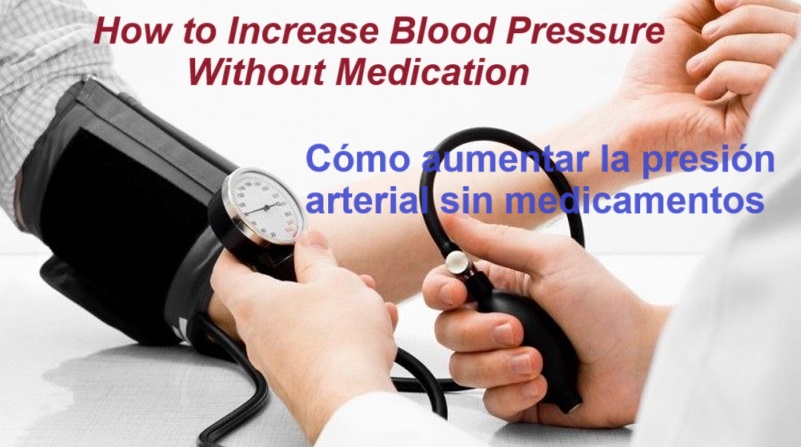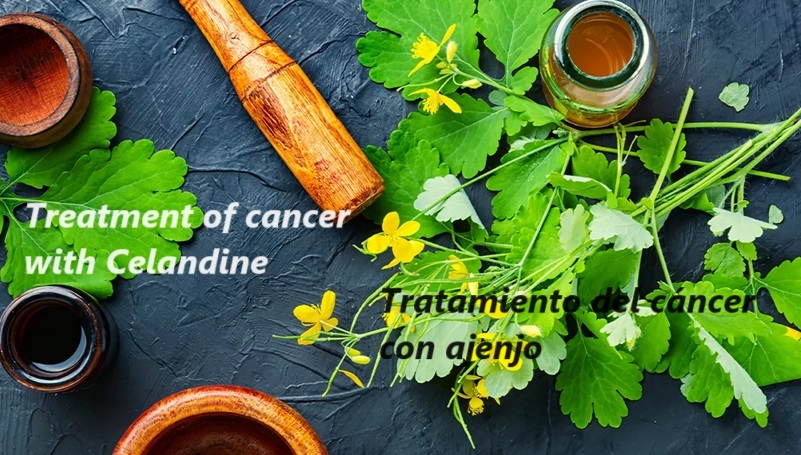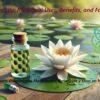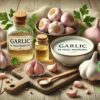First, it is necessary to find the cause of low blood pressure (hypotension) and eliminate it. To do this, it is advisable to undergo a complete medical examination. Often, blood pressure drops due to oxygen deprivation. You should take frequent walks in the fresh air, avoid overexertion, get good sleep of at least 7 hours, and engage in reasonable physical activities like massage and swimming. The more your muscles work, the higher the tone in the venous system and the more blood flows to the heart, which helps normalize blood pressure faster.
Folk medicine offers the following remedies for treating hypotension:
Infusion of Sedum
1 tablespoon of dried sedum herb should be poured with 1.5 liters of boiling water and infused for an hour, then strained. Drink 1 tablespoon 3 times a day until the blood pressure reaches normal levels.
Tinctures
Take tinctures of Eleutherococcus, Rhaponticum, Aralia, Ginseng, and Golden Root (available at pharmacies) in doses of 15-20 drops 3 times a day (the last dose 2-3 hours before bedtime).
Contrast Showers
It is very beneficial for hypotension to take contrast showers for 10 minutes in the morning and evening, alternating between hot and cold water (for 2 minutes each). Finish the procedure with cold water. You can also pour water over yourself, starting with room temperature water and then cooler. After pouring, do not wipe off; put on a bathrobe over your wet body and then a coat on top. Walk quickly until you feel warm. For enhanced effect, it is advised to add apple cider vinegar to the water (1 tablespoon per 10 liters of water).
Strengthening Vital Tone
All efforts to combat hypotension should be aimed at strengthening your vital tone. First of all, you need to sleep normally. Sleep of 9-10 hours is a vital necessity for all hypotensives. Relatives should understand this and not react negatively to such long sleep. Do not call your daughter a sleepyhead or disturb her, as long sleep is a protective reaction of her body. Hypotensives should know how to get up correctly.
When a person sleeps, there is relative insufficiency of blood supply to the brain. If a hypotensive person gets up abruptly, they may faint. Therefore, upon waking, you should lie down for a while, do light gymnastics while lying down (at least flex your wrists, feet, knees, and elbow joints), then sit up in bed without hanging your legs; then lower your legs from the bed and sit again. Finally, stand up, supporting yourself on a chair placed next to the bed.
Diet and Eating Habits
You need to eat at least 4 times a day. The food should contain enough minerals and vitamins (especially B vitamins). Avoid fatty and floury foods.
Make it a habit to measure your blood pressure periodically. This will help avoid unpleasant surprises and, most importantly, know what actually helps. For example, if you notice that your blood pressure rises after physical exertion, work more; if you feel better after a certain drink, consume it. Conversely, eliminate anything that lowers your blood pressure.
Simple and Accessible Recipes to Increase Blood Pressure
- Rhodiola Rosea Root: Pour 1 teaspoon of crushed rhodiola rosea roots with 1 liter of water. Boil for 10 minutes, then infuse for 10-15 minutes. Drink 2-3 glasses a day.
- Helichrysum Herb: Pour 2 tablespoons of helichrysum herb with 1 cup of boiling water. Infuse for 30-40 minutes (preferably in a thermos). Take one-third to one-half cup 2-3 times a day (in the morning and at lunch) 30 minutes before meals in a cooled form.
- Thistle Flowers and Leaves: Pour 2 tablespoons of dried flower heads and leaves of thistle with 1 cup of water. Simmer over low heat for 10 minutes. Infuse, wrapped, for 30 minutes. Take 1 tablespoon 3-4 times a day.
You can also brew just the leaves. Remember that herbal decoctions cannot be stored as they lose their healing properties. The decoctions should be fresh. The course of herbal treatment is no more than 3 weeks (if there are no contraindications), then take a 2-week break and repeat the course.







